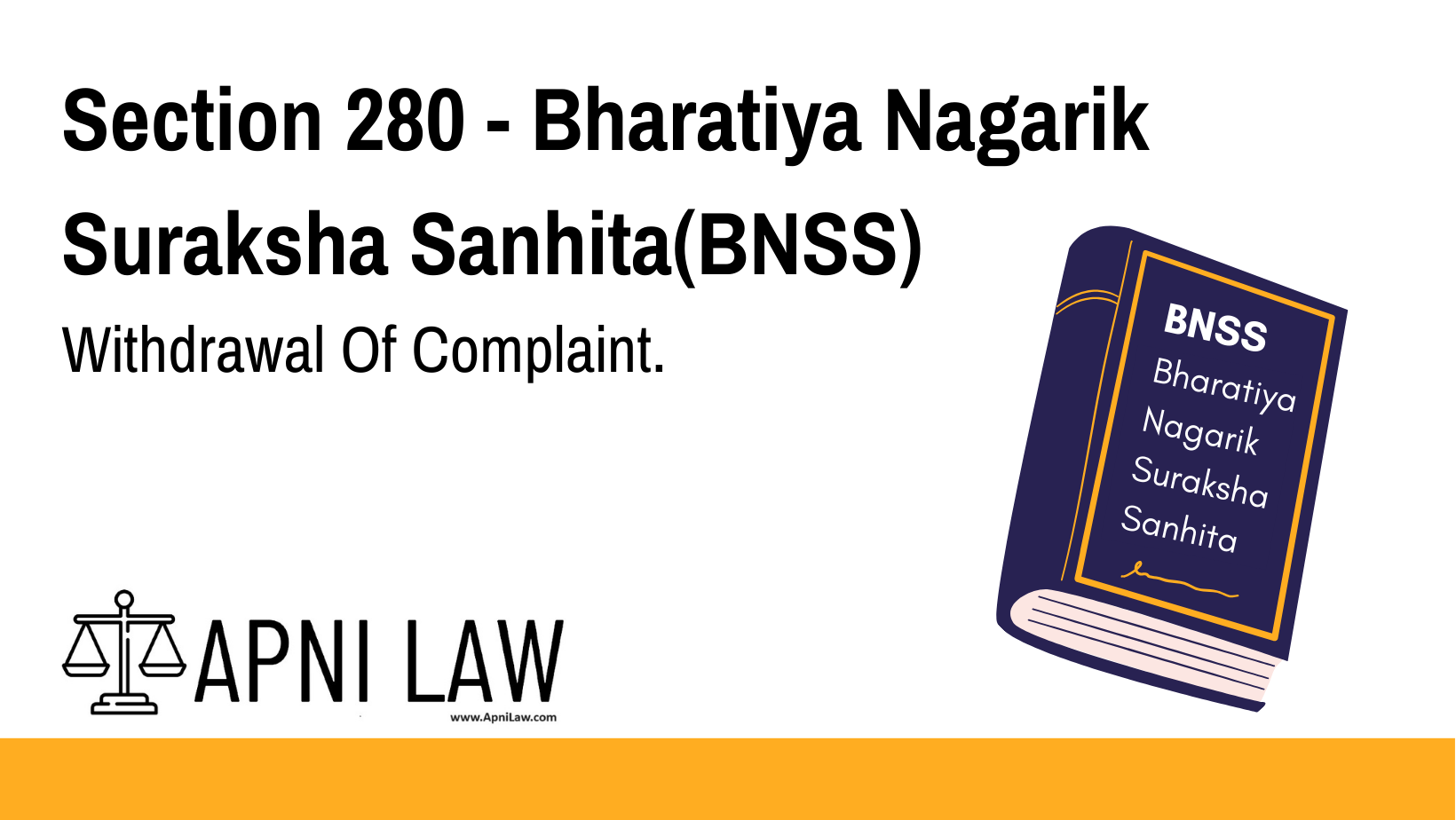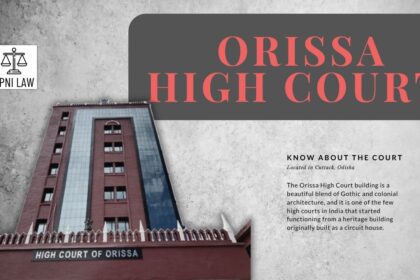Code: Section 280 BNSS
280.
If a complainant, at any time before a final order is passed in any case under this Chapter, satisfies the Magistrate that there are sufficient grounds for permitting him to withdraw his complaint against the accused, or if there be more than one accused, against all or any of them, the Magistrate may permit him to withdraw the same, and shall thereupon acquit the accused against whom the complaint is so withdrawn.
Explanation of Section 280 BNSS
Section 280 of the Bharatiya Nyaya Sanhita (BNSS) allows a complainant to withdraw their complaint against the accused in a criminal case before a final order is passed. This can happen when the complainant presents sufficient grounds to the Magistrate, explaining why they wish to withdraw the complaint. Upon granting the withdrawal, the Magistrate is required to acquit the accused individuals against whom the complaint has been withdrawn.
This section provides flexibility to the complainant and ensures that a case can be dismissed if the complainant decides that the accusation was unwarranted or that they no longer wish to pursue the case.
Illustration
Example 1: Complainant Withdraws Complaint Against One Accused
A woman files a complaint against two individuals for theft. Before the final judgment, the complainant realizes that one of the accused had no involvement in the crime and asks the Magistrate to withdraw the complaint against him. The Magistrate grants the withdrawal and acquits the accused individual against whom the complaint is withdrawn.
Example 2: Withdrawal of Complaint in its Entirety
A complainant in a defamation case decides to withdraw the complaint against all the accused individuals. After providing valid reasons to the Magistrate, the complainant is allowed to withdraw the case, leading to the acquittal of all accused persons.
Common Questions and Answers on Section 280 BNSS
1. Can a complainant withdraw a complaint after a final order has been passed?
- Answer: No, the complainant must seek permission to withdraw the complaint before a final order is passed by the Magistrate.
2. Is the accused automatically acquitted when a complaint is withdrawn?
- Answer: Yes, once the Magistrate permits the complainant to withdraw the complaint, the accused against whom the complaint is withdrawn will be acquitted.
3. What happens if there are multiple accused individuals?
- Answer: If there are multiple accused persons, the complainant may withdraw the complaint against all or some of them, and the Magistrate will acquit the accused accordingly.
Conclusion
Section 280 of the BNSS offers an important provision for the complainant to withdraw a complaint before the final order is passed. This ensures that the complainant has an opportunity to reconsider their position in the case, and provides a mechanism for the acquittal of the accused when the complaint is no longer pursued.








